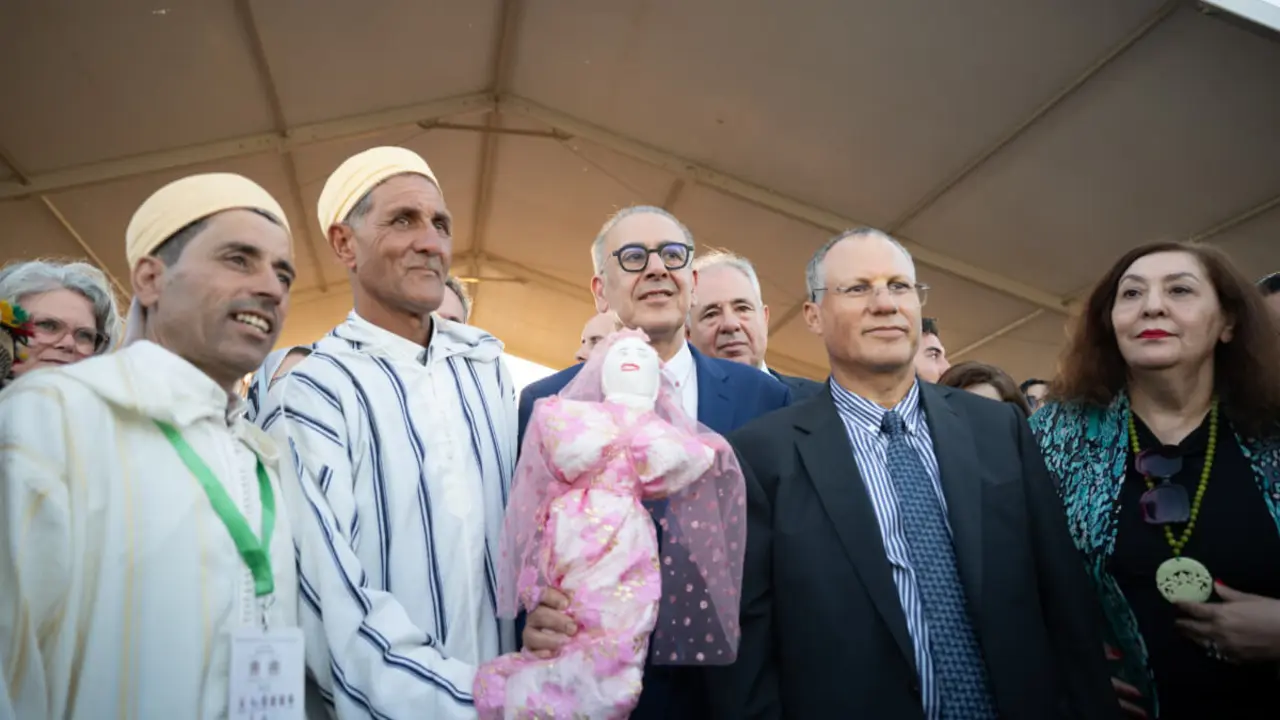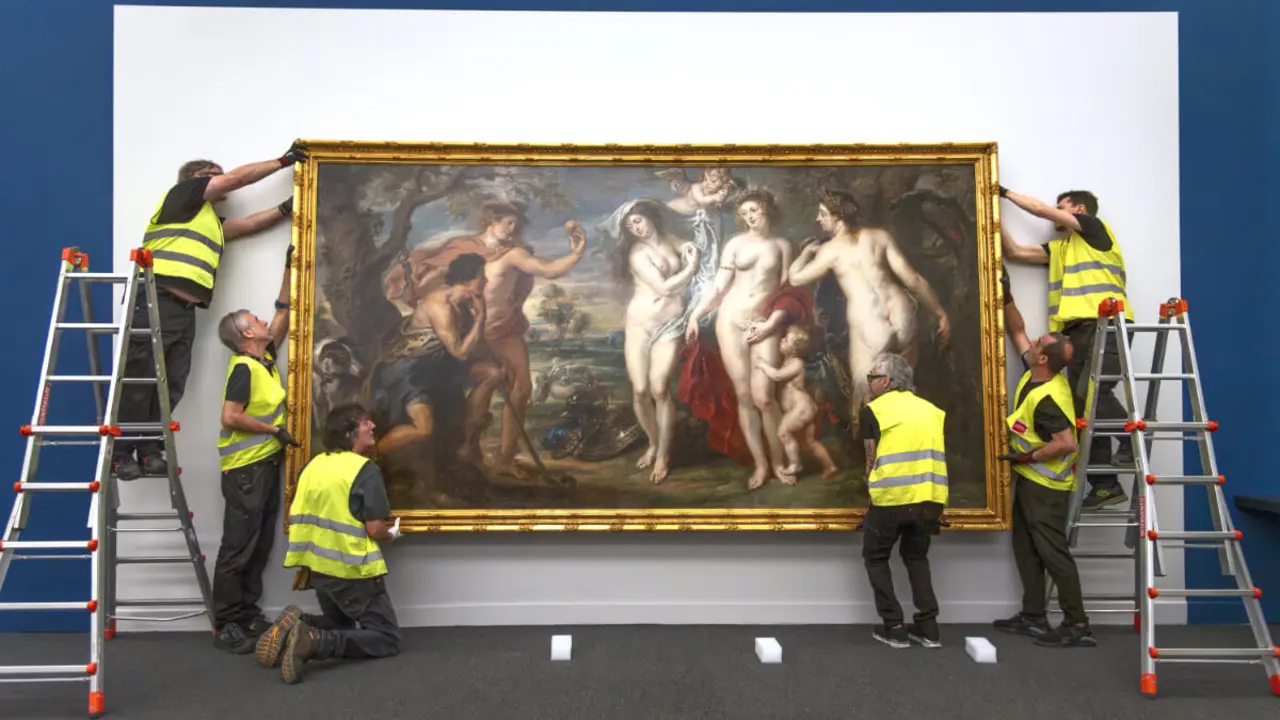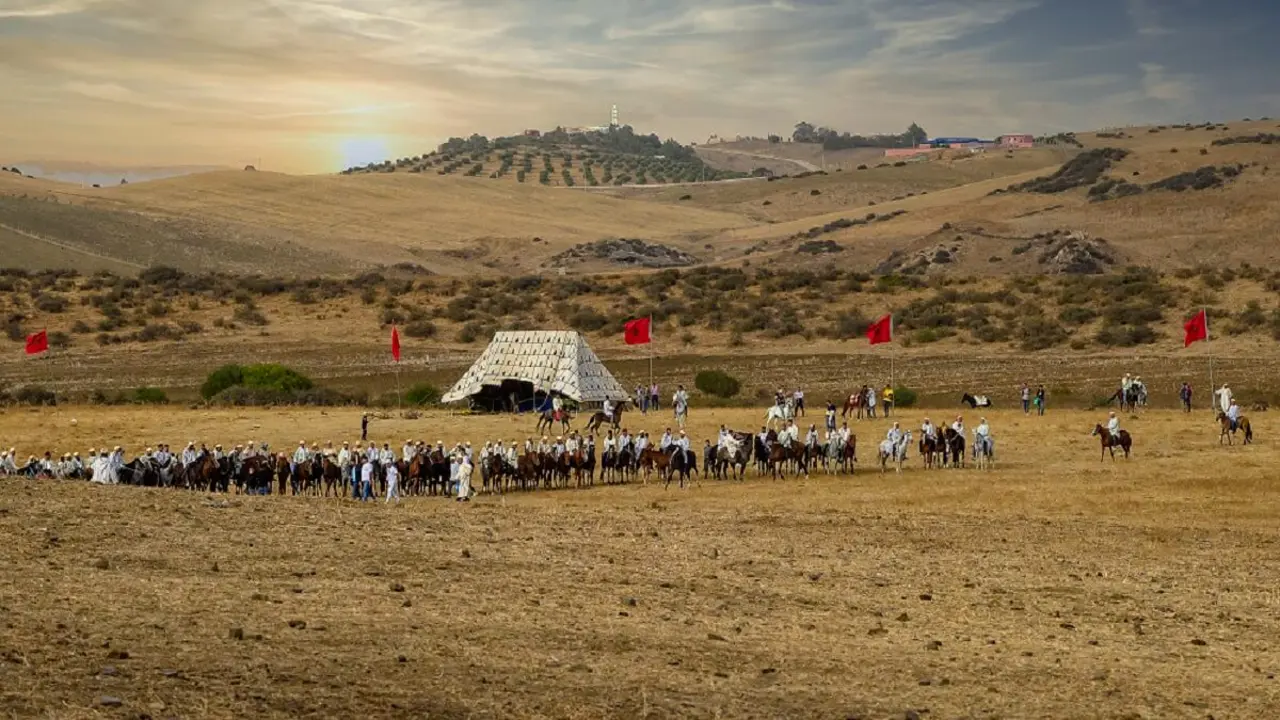Saudi Arabia deepens social progress and eliminates death penalty for minors

The death penalty was eliminated for those convicted of crimes committed while they were minors, Human Rights Commission president Awwad Alawwad said in a statement, citing a royal decree. This decision follows the elimination of the sentence of flogging which was also provided for in the sentencing regime, as promulgated by the country's Supreme Court.
The Saudi Arabian Executive's Human Rights Commission announced via Twitter the establishment of a decree ending the application of the death penalty for minors, who from now on, in the event of the commission of a crime, may be sentenced to a maximum of ten years in prison in a youth detention centre.
"The decree means that any individuals who received a death sentence for crimes committed while he or she is a minor can no longer face execution. Instead, the individual will receive a prison sentence of no longer than 10 years in a juvenile detention facility,” the statement said." Mr Alawwad said.
This decision joins also the abolition of flogging, which means a great advance in human rights and social protection within the Arab nation, as also officially announced by the Supreme Court of Saudi Arabia.
Flogging is an ancient torture abolished in most parts of the world and it was internationally criticized by human rights organizations. It was used in Saudi Arabia as a punishment for murder, for offences against "public order" or even for acts related to extramarital relations.
According to the high court, judges will now have the option of applying prison sentences, fines or other different sanctions, such as work in the general interest, as an alternative to flogging, in order to "comply with international human rights standards that do not allow corporal punishment".
This decision comes, according to the official statement, in the context of the "reforms and progress made in human rights" under the leadership of King Salman bin Abdulaziz al-Saud and Crown Prince Mohamed bin Salman bin Abdulaziz al-Saud.
All this is part of the Vision 2030 programme, an initiative that seeks to develop and modernise the nation's social and economic structures in order to enable the country to evolve and progress in an increasingly globalised context. The basis of this approach is mainly to reduce Saudi Arabia's financial dependence on the source of oil revenues in order to diversify economic activity and develop other sectors that may be key to avoiding this dependence, such as tourism, education, health, leisure and services or even sport. Through the Saudi Vision 2030 project, Saudi Arabia aims to create up to 40,000 jobs over the next decade, invest $1.6 billion in research and contribute $3.7 billion to the Saudi Arabia's Gross Domestic Product (GDP). Joint objective set for the next year 2030.
As part of this future planning, Saudi Arabia is seeking a greater preponderance of society, especially the youth and women's sectors, which make up 70 per cent of the population. Thus, it is intended to promote the creation of opportunities for these groups in all areas, including, of course, the economic one. Furthermore, it also seeks to protect national natural resources, giving importance to food and water security, climate change, environmental preservation and the promotion of renewable energies. It should be noted that progress has already been made in recent months with regard to the recognition of social rights, especially in the area of women. Although there are still some cases of detention of activists fighting for human rights.
Awwad Alawwad himself announced that "more reforms" will come in order to improve the social and coexistence conditions of Saudi citizens under "the leadership" of monarch Salman bin Abdulaziz and his son, Prince Mohamed bin Salman.








